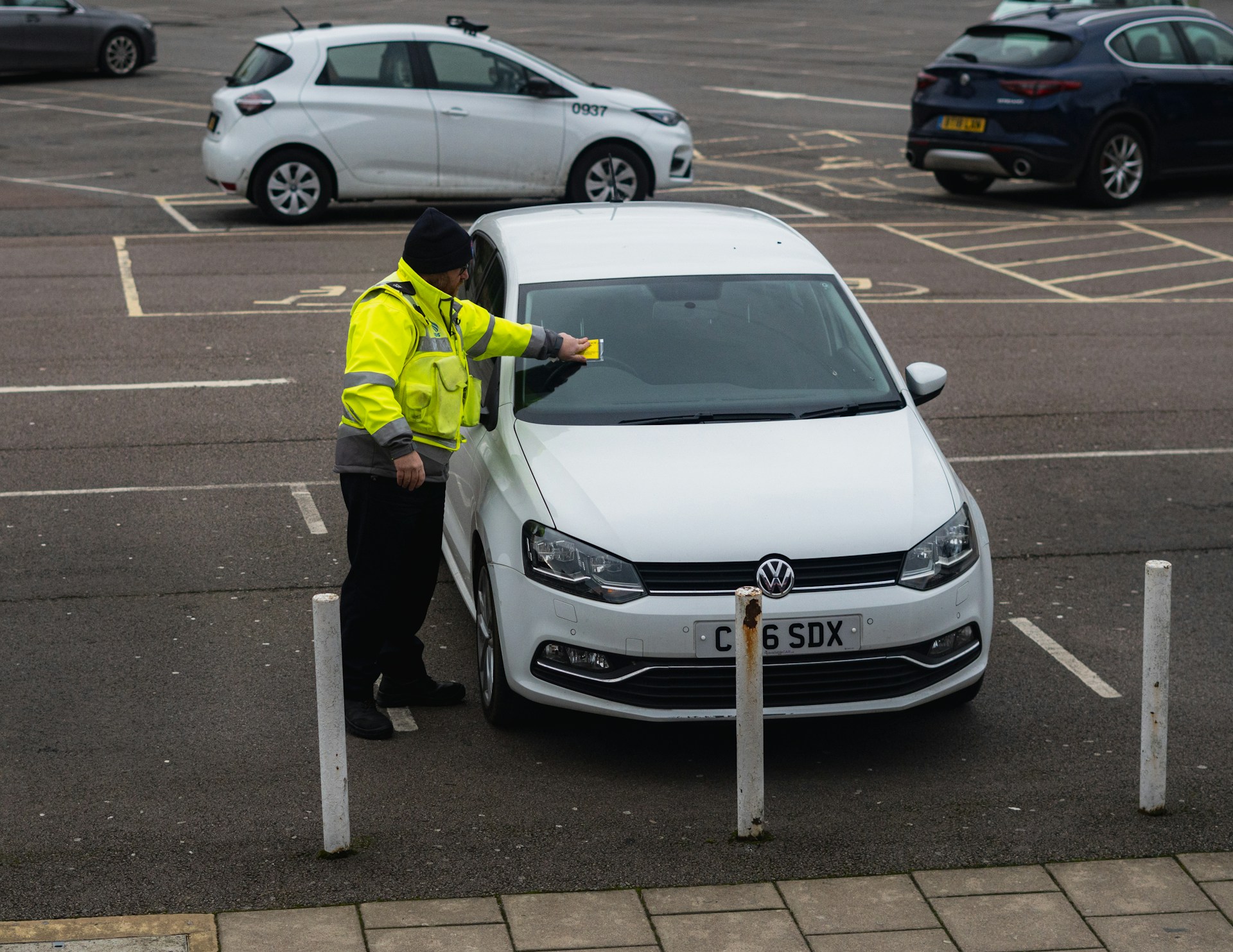Now Reading: 5 Strategies for Fighting a Traffic Ticket
-
01
5 Strategies for Fighting a Traffic Ticket

5 Strategies for Fighting a Traffic Ticket
Being issued your first speeding ticket can be both emotionally distressing and a financial strain. Each state and municipality implements its own set of rules and regulations for handling speeding tickets. It is crucial to adhere to any directions provided on the citation or by the officer, but the basic guidelines below will offer an overview of the steps you should take after receiving a traffic citation.
Question the Officer’s Observations
In instances where state laws necessitate an officer to make an objective observation (rather than a subjective judgment on the safety of your actions), the crux of the matter often becomes a dispute over which party’s account of events is deemed accurate. For example, if you received a ticket for not stopping at a red light or executing an illegal turn, the case’s outcome hinges on whom the judge believes.
Regrettably, the individual with the badge typically prevails, unless you manage to significantly question his capacity to precisely witness the event. Nonetheless, several strategies could potentially introduce a reasonable doubt regarding your culpability.
Obtain Legal Assistance from a Traffic Ticket Lawyer
Under certain conditions, it’s wise to engage a lawyer to challenge a traffic ticket. This is especially pertinent if facing the ticket could lead to a substantial hike in your car insurance costs or a potential suspension of your driving license. Consulting a lawyer who specializes in traffic regulations can be beneficial.
Such an attorney, well-versed in the traffic laws specific to your region, can provide insightful legal guidance and assist in plotting the optimal strategy. Securing an attorney capable of persuading a judge to eliminate your ticket could result in lower insurance rates, safeguard your driving history, and ensure the continuation of your driving privileges. If you are unsure about the nature of your case check out posts on speeding ticket vs citation to fully understand your situation.
Show that Your Actions Were “Justified by Law”
You could also make a strong case that your actions were “legally justified” under the circumstances surrounding your alleged offense. For instance, being cited for driving too slowly in the left lane can be legally countered in every state by proving you needed to decelerate to execute a lawful left turn.
In this scenario, refuting the claim that you were traveling well below the speed limit and causing trailing vehicles to reduce speed is unnecessary. Instead, you can present an extra piece of information that legally justifies what would otherwise be considered illegal. Such defenses often prove effective because they introduce an additional fact or legal argument, rather than merely disputing the officer’s account.
Submit a Not Guilty Plea and Face a Trial
Opting against a guilty plea, a motorist challenges the accusation by asserting not guilty in the judicial system. For the matter to escalate to a courtroom trial, the individual must dismiss any proposal to settle for a lesser offense. During this trial phase, the person charged will get the opportunity to articulate their reasons for disputing the traffic charge.
Subsequently, it falls upon the Judge to determine the motorist’s culpability in the traffic infraction. A verdict of guilt leads to the accumulation of penalty points on the individual’s driving record. On the other hand, a decision of not guilty ensures that the individual’s driving record remains free from additional points.
Question the Reliability of Equipment
Instruments employed in enforcing traffic laws, including but not limited to radar guns, breathalyzers, and cameras at traffic signals, possess inherent imperfections. Given the nature of technological devices, there exists the risk that these tools may not perform as expected, yielding results that inaccurately implicate drivers.
A thorough investigation of the equipment in question is essential to uncover any defects and ascertain its reliability during the incident. Demonstrating a malfunction occurred or the device was not used properly can pave the way for a dismissal of charges in court.
Endnote
Getting a traffic ticket can be intimidating, you need to realize that there are strategies available to defend yourself and maintain your driving record. Utilizing these five methods and partnering with a seasoned traffic ticket lawyer can notably increase your odds of successfully disputing the ticket.










